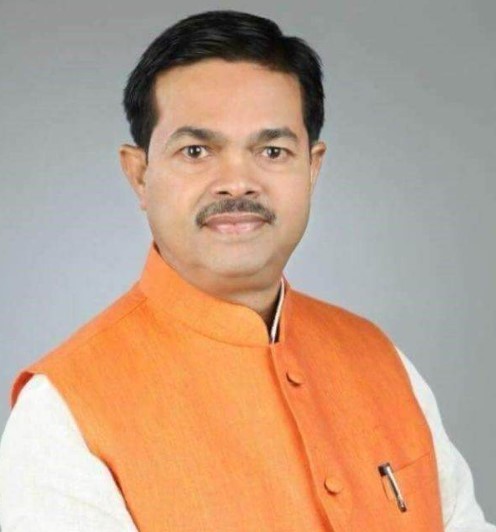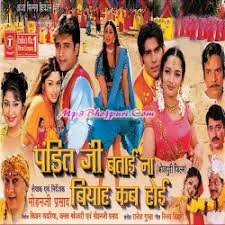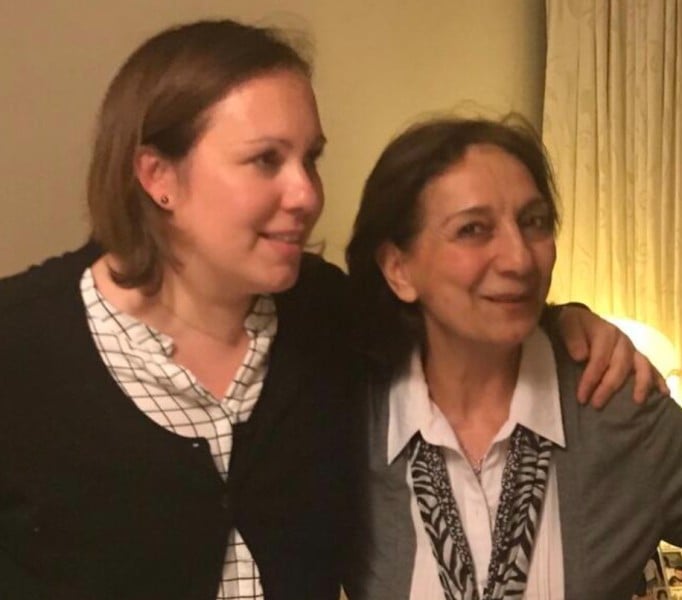Quick Info→
Wife: Rani Bang
Age: 74 Years
Hometown: Wardha, Maharashtra
Some Lesser Known Facts About Abhay Bang
- Abhay Bang grew up at the Sevagram Ashram in Wardha under the guidance of Mahatma Gandhi’s disciple Acharya Vinoba Bhave. He attended Anand Niketan, a school that followed Gandhi’s Nai Taleem method, until 9th grade.
- His parents were dedicated followers of Mahatma Gandhi’s principles and the Sarvodaya Movement. Following Gandhi’s advice, his father cancelled his plans to pursue economics in the US and stayed in India to understand economic concepts through the study of villages.
- At 13, Abhay decided to focus on improving the health of villagers after a conversation with his elder brother Ashok about their future goals.
- In 1972, Abhay completed MBBS at Nagpur University, where he topped and earned three gold medals.
- In 1974, he secured first place in the All India Competition for MD Selection at the Postgraduate Institute of Medical Education and Research (PGIMER), Chandigarh.
- In 1977, he completed his MD in Medicine at Nagpur University and again secured the first position. In the same year, he married his fellow Rani.
- In 1984, he completed his MPH at Johns Hopkins University in the US with a grade point average of 3.96/4 (99%). Abhay and Rani, who studied there together, returned to India to focus on supporting underserved communities.
- After returning to India, they began working in tribal and rural areas of Gadchiroli, Maharashtra.
- In December 1985, Abhay and his wife Rani established SEARCH (Society for Education, Action and Research in Community Health) in Gadchiroli to address local healthcare needs. They worked with local communities to create clinics and build a hospital for them.
- Abhay’s Home-Based Neonatal Care (HBNC) model, developed in Gadchiroli, led to a significant drop in infant mortality and sparked global interest in similar approaches. Despite initial doubts, his method gained acceptance over time, which led to the training of about 8,00,000 village women in India through the ASHA program.
- In 1988, he tackled high infant mortality in Gadchiroli by training local women in neonatal care using the HBNC model, which lowered the rate from 121 to 30 deaths per 1,000 births.
- Abhay’s HBNC model was later adopted by India in its 12th National Fiver-Year Plan to help reduce infant mortality. It was also adopted by WHO, UNICEF, and USAID to reduce infant mortality in developing countries.
- Abhay conducted participatory action research against alcohol from 1988 to 1993, which raised awareness about its ill effects. This led to a public demand for an alcohol ban, and in 1993, Gadchiroli became the first district in Maharashtra to implement this ban.
- In 1989, he carried out the first community-based estimate of gynaecological problems in rural women, which influenced international policy on women’s reproductive health.
- In May 2017, the Bombay High Court asked Abhay for his advice on tackling child mortality and malnutrition in Maharashtra. The court approved his suggestions and instructed the state government to implement them in their policies.
- In 2024, Abhay and Rani appeared on the television game show Kaun Banega Crorepati 16, which aired on Sony Entertainment Television.














